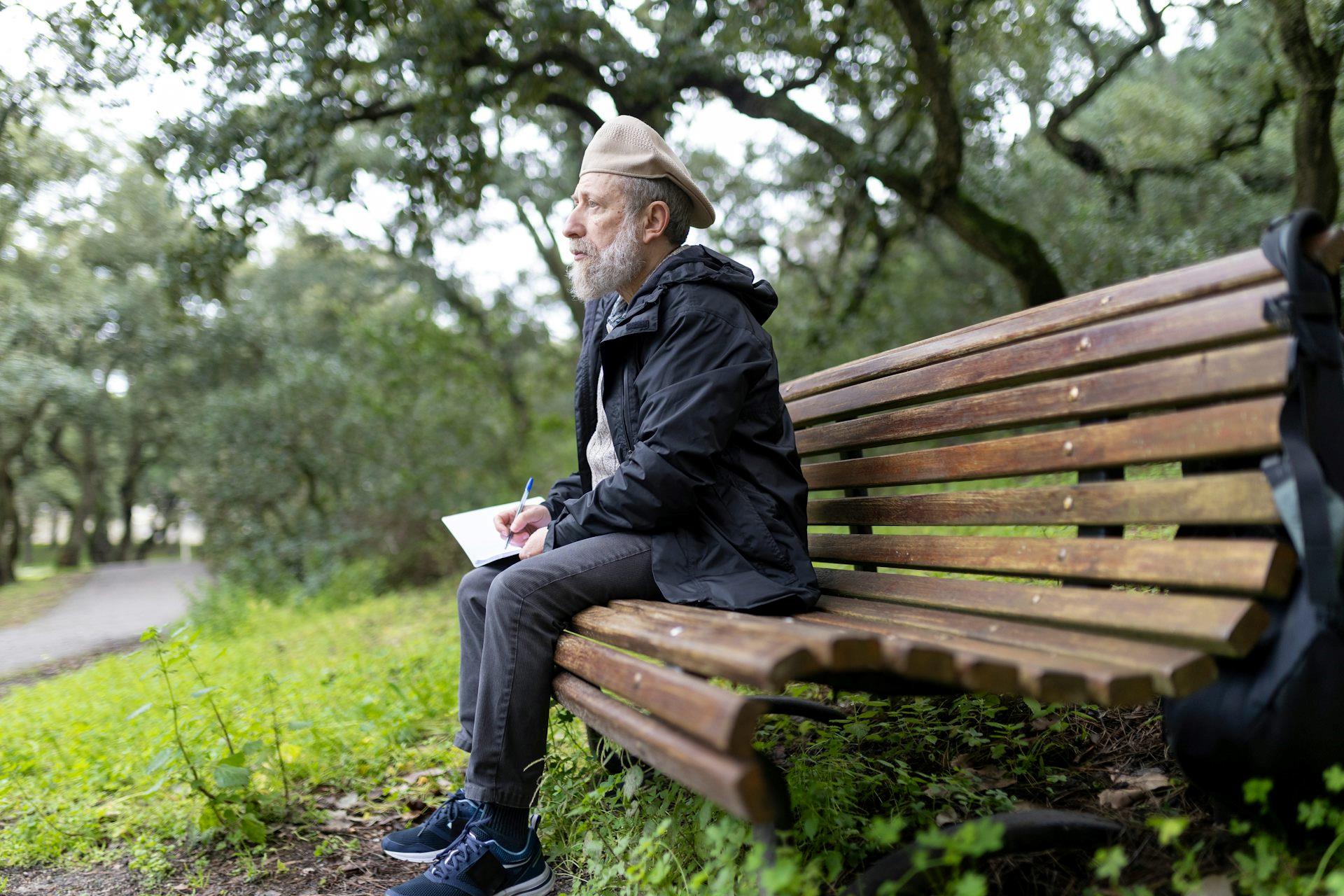
Half Of UK Authors Fear AI Could Replace Them What My New Research Suggests About The Future Of The Novel
At the time, I remember thinking: we desperately need to know more about the implications of generative artificial intelligence (GenAI ) for the novel. As a writer, avid reader and an academic researching the impact of AI on work and society, this felt like a pivotal and crucial time to investigate this.
Particularly as governments around the world continue to ask big questions about how AI is regulated, designed and used.
In 2024, I started researching how hundreds of novelists and publishers were using GenAI across the UK. This consisted of a major survey with 332 literary creatives (258 published novelists, 42 professionals in fiction publishing, 32 literary agents for fiction); six focus groups with 52 writers and publishers; interviews and case studies with creatives and industry experts; and a forum which brought different stakeholders together to discuss the changes and challenges which GenAI is posing to the novel.
What I found was starker than I had anticipated.
The findings, published in my report, The Impact of Generative AI on the Novel, show just how urgently people in the industry want guardrails to be put around AI to help protect this precious art form.
In my survey, 39% of novelists reported that their income has already been negatively affected by GenAI. They cited a range of reasons, including competition from AI-generated books, sabotage of sales due to rip-off AI-generated imitations of books appearing online under the names of real authors, and supplementary streams of income such as copywriting becoming scarce due to increased use of GenAI.

Most (67%) novelists surveyed said they never use AI. Konstantin Shishkin/Shutterstock
The irony is, of course, that the work of these novelists has likely been used to train GenAI models. Almost two thirds of novelists (59%) reported that they know their work has already been used to train AI without permission or remuneration.
Moreover, there was widespread concern shared about the future of the novel. Fifty-one percent of novelists said they think it's likely that AI will replace their work entirely.
Literary creatives expressed concern about a loss of creativity and the de-skilling of younger generations through an increased use of GenAI. We already know that one in four children between the ages of eight and 12 are already using AI.
Of the children who use it, four in ten use it for creative tasks. Literary creatives voiced fear around the use of AI within the creative process (where access needs do not require its use) and spoke about how this might affect the development of imagination, empathy, resilience, problem-solving and critical thinking, as well as what this might mean for the future of the art form.
In my survey, 67% of novelists said they never use AI. Where novelists reported that they did use AI, it was most commonly for tasks they deemed to be“non-creative”, such as admin or information search.
There was recognition from many that AI could be useful so long as it is responsibly designed and trained on licensed data. There was not so much an anti-AI sentiment as there was a pro-responsible AI sentiment.
By considering these findings, the UK government can better protect creative industries. The message from novelists, publishers and literary agents is clear – 86% support an opt-in model for AI training based on licensing structures which would enable them to give their informed consent and be fairly remunerated for the use of their work.
There is also a clear call for transparency from AI companies concerning the data used to train their AI models. This would help to facilitate a licensing market and would help creatives to exercise their rights.
Protecting the UK's thriving literary arts is of urgent importance. The novel is a key foundation of the creative industries, which contributes immense amounts of soft power and £126 billion gross value to the UK economy annually.
Novels offer us so much, both personally and as a society. They entertain, educate and offer catharsis, connection with one another and self-discovery. We must fight to protect the novel, now more than ever.
This article is part of our State of the Arts series. These articles tackle the challenges of the arts and heritage industry – and celebrate the wins, too.

Legal Disclaimer:
MENAFN provides the
information “as is” without warranty of any kind. We do not accept
any responsibility or liability for the accuracy, content, images,
videos, licenses, completeness, legality, or reliability of the information
contained in this article. If you have any complaints or copyright
issues related to this article, kindly contact the provider above.


















Comments
No comment